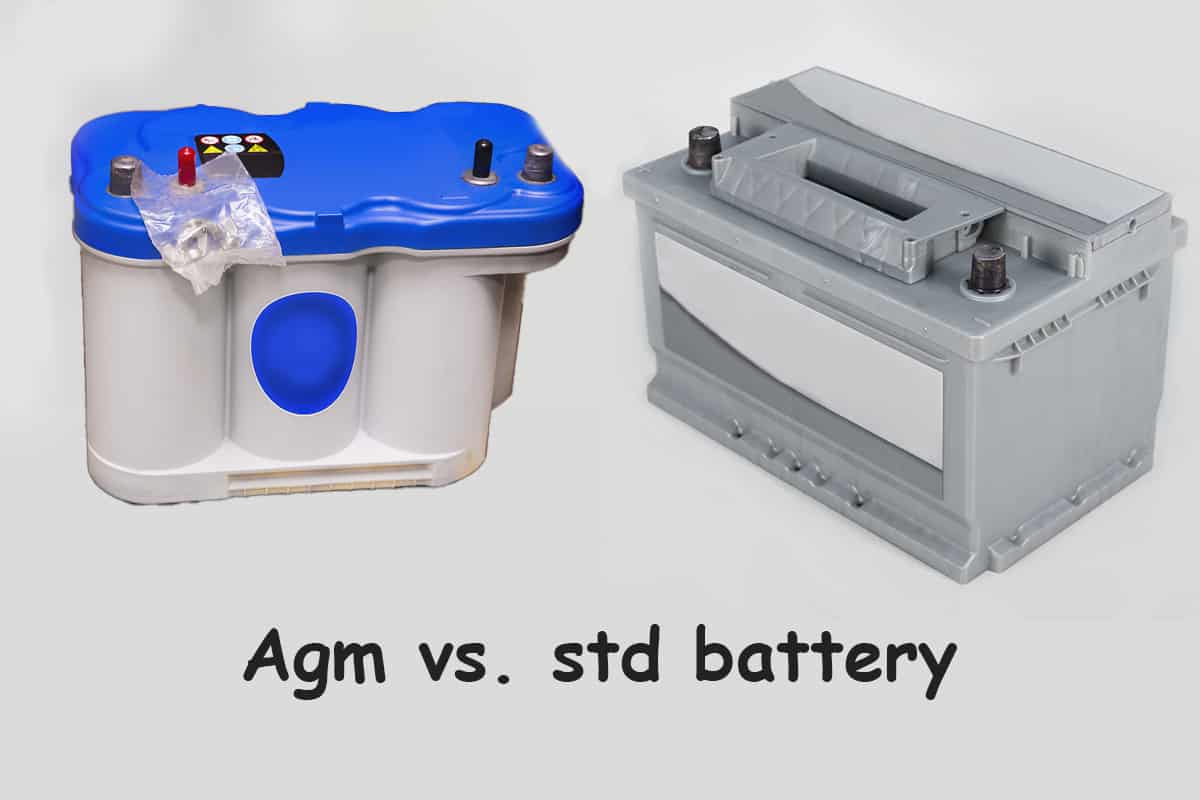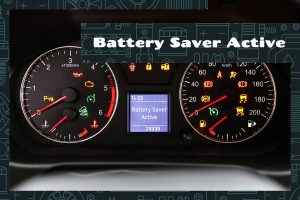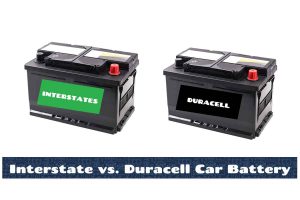Car batteries play a crucial role in powering our vehicles and ensuring they run smoothly. They provide the energy needed to start the engine and support the electrical systems, such as the headlights, radio, and air conditioning. With so many battery options available on the market, it’s essential to understand the differences between them and choose the right one for your vehicle.
AGM batteries, or Absorbent Glass Mat batteries, are designed to provide superior performance compared to standard (flooded) batteries. They are maintenance-free, more resistant to vibrations, and offer a longer lifespan, making them a popular choice for many motorists.
In this blog post, we will dive deeper into the world of AGM and standard batteries. We will discuss their key features, compare their performance, maintenance, and cost, and help you understand the factors to consider when choosing the right battery for your needs.
What Is an AGM Battery?
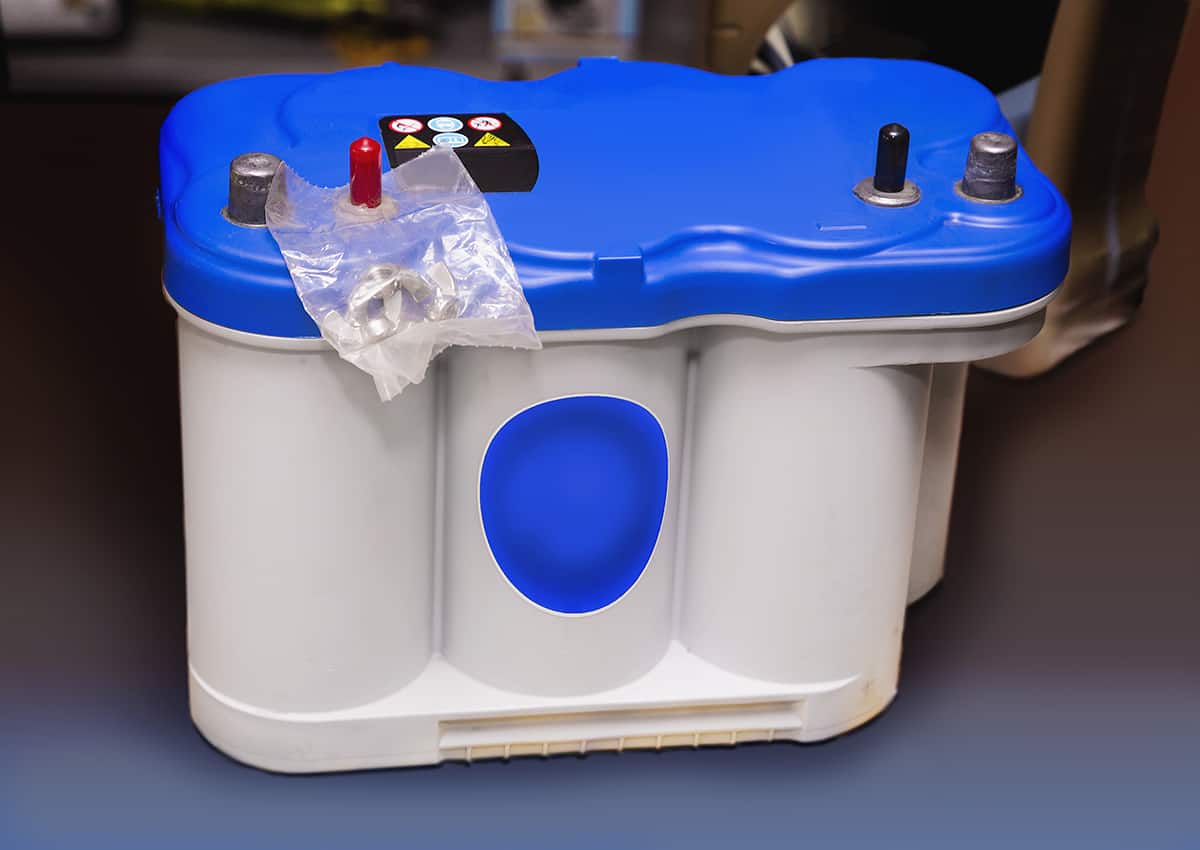
AGM batteries, short for Absorbent Glass Mat, are a type of lead-acid battery. They use a fiberglass mat soaked in an electrolyte solution to store energy. This unique design offers several advantages over traditional flooded batteries.
Key features of AGM batteries
1. Maintenance-free operation
Unlike standard batteries, you don’t need to add water or check the electrolyte levels regularly. This saves time and effort, making them a convenient choice.
2. Leak and spill-proof design
AGM batteries also have a leak and spill-proof design. The fiberglass mat holds the electrolyte, so even if the battery is damaged, it won’t leak harmful acid. This design makes AGM batteries safer to handle and store.
3. Faster charging and higher efficiency
They can charge more quickly than standard batteries, which is helpful when you need a quick boost of power. They also have a lower self-discharge rate, so they hold their charge longer.
4. Vibration resistance
Vibration resistance is another important feature of AGM batteries. They can withstand rough handling and vibrations better than flooded batteries, making them suitable for off-road vehicles and other demanding applications.
Common applications of AGM batteries
1. High-performance vehicles
High-performance vehicles require batteries that can deliver powerful bursts of energy and handle high electrical loads. AGM batteries are a popular choice because they provide consistent power, charge quickly, and resist vibrations. Their maintenance-free design is also an advantage for high-performance car owners.
2. Uninterruptible power supply (UPS) systems
UPS systems need reliable batteries to provide backup power during outages. AGM batteries are ideal for this application due to their faster charging, higher efficiency, and longer lifespan. They ensure essential devices continue to operate during power interruptions.
3. Solar energy storage
Solar energy storage systems rely on batteries to store energy generated by solar panels. AGM batteries are favored for their ability to efficiently store and release energy, as well as their low self-discharge rate. Their maintenance-free and leak-proof design makes them a safe and convenient choice for renewable energy setups.
What Is an STD (Flooded) Battery?
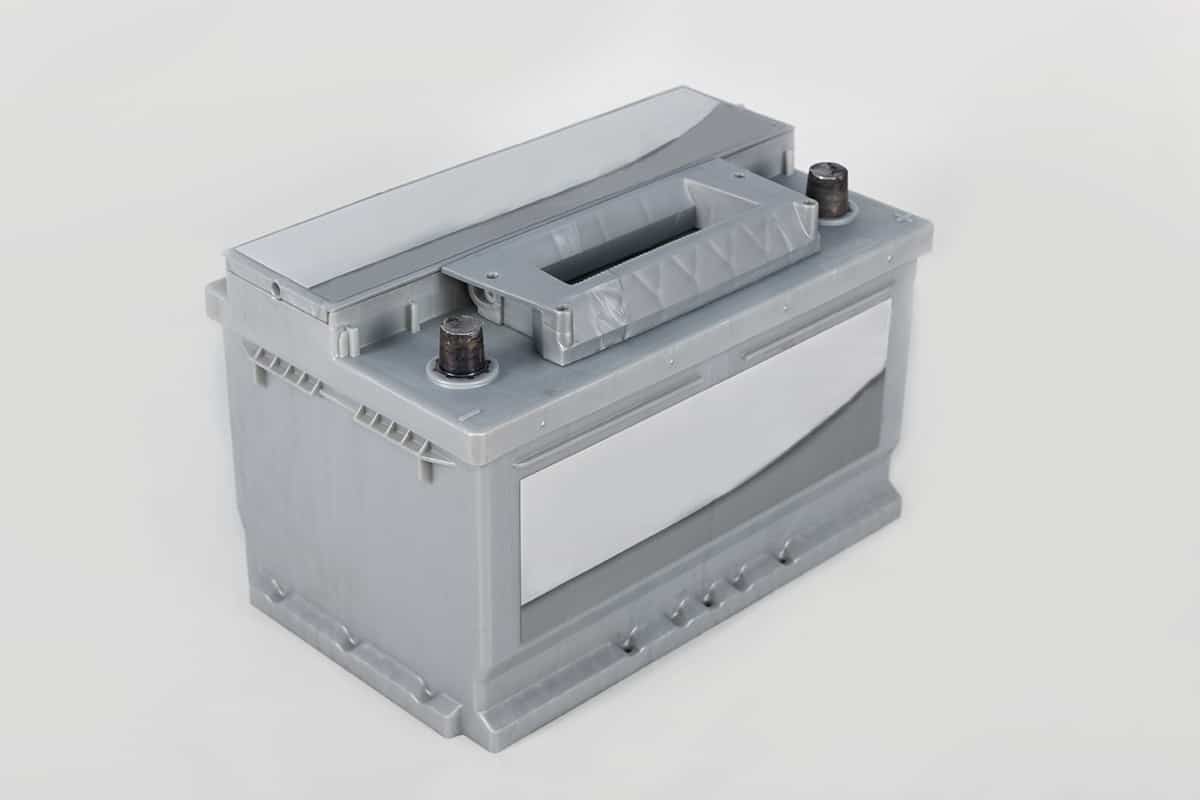
Standard, or flooded, lead-acid batteries are the traditional type of car battery. They consist of lead plates submerged in an electrolyte solution, which creates an electrical charge. These batteries have been around for a long time and are still widely used today.
Key features of standard batteries
1. Regular maintenance requirements
To keep them working well, you need to check and refill the electrolyte levels periodically. This can be time-consuming and may be a drawback for some users.
2. Risk of leaks and spills
The liquid electrolyte inside the battery can spill if the battery is damaged or not maintained properly. This can be hazardous, as the electrolyte is corrosive and can cause damage to your vehicle or the environment.
3. Lower charging efficiency and performance
Standard batteries also have lower charging efficiency and performance compared to AGM batteries. They take longer to charge and have a higher self-discharge rate, meaning they lose their charge more quickly when not in use. This can be an issue if you need a reliable power source or if your vehicle sits unused for extended periods.
4. Lower vibration resistance
Finally, standard batteries have lower vibration resistance than AGM batteries. They are more susceptible to damage from rough handling or vibrations, which can lead to a shorter battery life. This may be a concern for people who drive on rough terrain or use their vehicles in demanding conditions.
Common applications of STD batteries
1. Conventional vehicles
Conventional vehicles often use standard flooded batteries due to their lower initial cost and widespread availability. These batteries provide sufficient power for most everyday driving needs, though they require regular maintenance and may have a shorter lifespan compared to AGM batteries.
2. Lawn and garden equipment
Lawn and garden equipment, such as riding mowers and tractors, typically use standard batteries. These batteries can handle the power requirements of these machines, while their lower cost makes them a budget-friendly choice. Regular maintenance is necessary to ensure optimal performance.
3. Marine applications
Marine applications, like boats and jet skis, often use standard batteries as well. However, the risk of leaks and spills may be a concern in these environments. Some users opt for AGM batteries for their leak-proof design, better vibration resistance, and maintenance-free operation, despite their higher initial cost.
Comparing AGM and Standard Batteries
| Features | AGM Battery | Standard (Flooded) Battery |
| Performance and Efficiency | Higher power output, better energy density | Lower power output, lower energy density |
| Charging Time and Cycle Life | Faster charging, longer cycle life | Slower charging, shorter cycle life |
| Maintenance and Durability | Maintenance-free, longer lifespan | Requires regular maintenance, shorter lifespan |
| Vibration Resistance and Leak Protection | Better vibration resistance, leak-proof design | Less vibration resistance, risk of leaks and spills |
| Cost and Value | Higher initial cost, better long-term value | Lower initial cost, may require more frequent replacement |
Factors to Consider When Choosing a Battery
1. Intended application and specific requirements
Think about the purpose of your battery and the specific demands of your vehicle or equipment. High-performance vehicles, for example, may benefit from the superior power and reliability of AGM batteries, while standard batteries may suffice for less demanding applications.
2. Budget and long-term cost considerations
While AGM batteries may have a higher initial cost, their longer lifespan and lower maintenance needs can result in better long-term value. Standard batteries are more affordable upfront but may require more frequent replacement and maintenance.
3. Maintenance preferences and capabilities
If you prefer a low-maintenance option, AGM batteries are an excellent choice due to their maintenance-free design. On the other hand, if you don’t mind spending time on upkeep, standard batteries could be a viable option, though you’ll need to monitor electrolyte levels and top off with water regularly.
4. Environmental impact and disposal concerns
Both AGM and standard batteries have an environmental impact, but AGM batteries may have an edge due to their leak-proof design and lower risk of spills. When it comes to disposal, both types of batteries must be recycled properly, as they contain hazardous materials. Be sure to dispose of your battery at a designated recycling facility, regardless of the type you choose.
FAQs
1. How long do AGM batteries last compared to STD batteries?
AGM batteries generally have a longer lifespan compared to standard batteries, often lasting 4-8 years or more, depending on usage and maintenance. Standard batteries, on the other hand, typically last around 3-5 years. AGM batteries also have a longer cycle life, which contributes to their extended lifespan.
2. Can AGM batteries be used as a replacement for STD batteries?
Yes, AGM batteries can be used as a replacement for standard batteries in most cases. However, it is essential to ensure the AGM battery meets the specific power requirements of your vehicle or equipment, and you may need to adjust the charging system for compatibility.
3. Can AGM batteries be recycled?
AGM batteries can be recycled, just like standard batteries. Both types contain hazardous materials, making proper disposal and recycling crucial. Always take your used batteries to a designated recycling facility to minimize their environmental impact.
